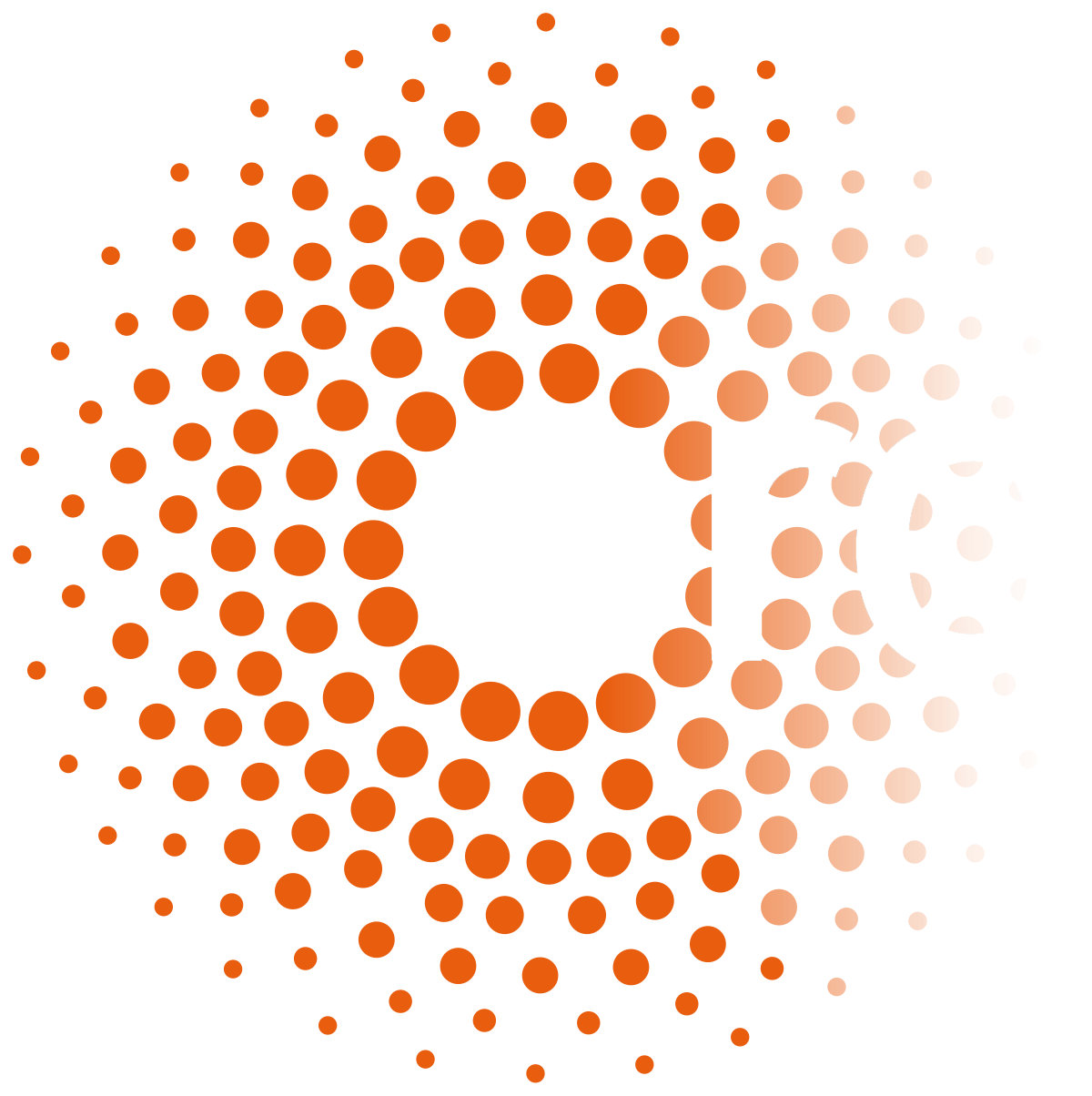Beauty and Inequality: how do beauty standards shape and reproduce social inequalities?
Welcome to our website! We are a team of researchers from around the world who study how beauty contributes to social advantage and disadvantage. Our BINQ is funded by the European Research Council. We are based at KU Leuven University in Belgium.
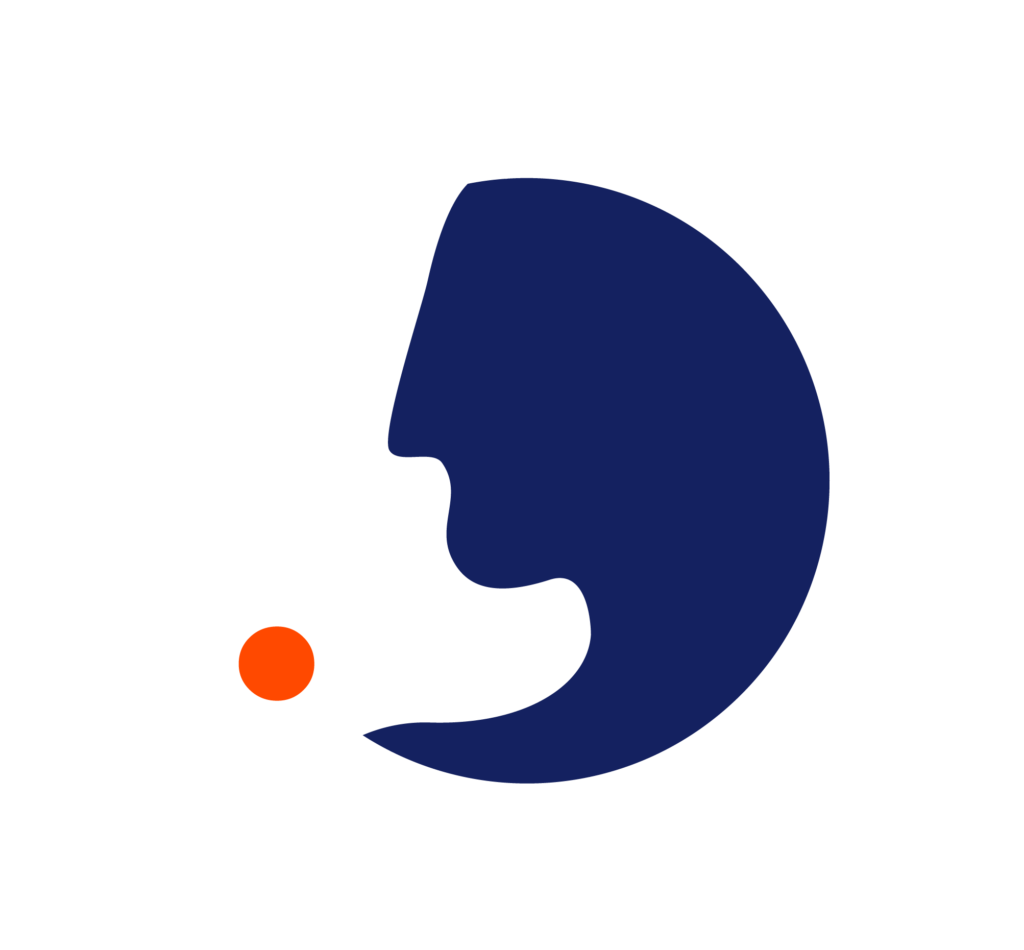
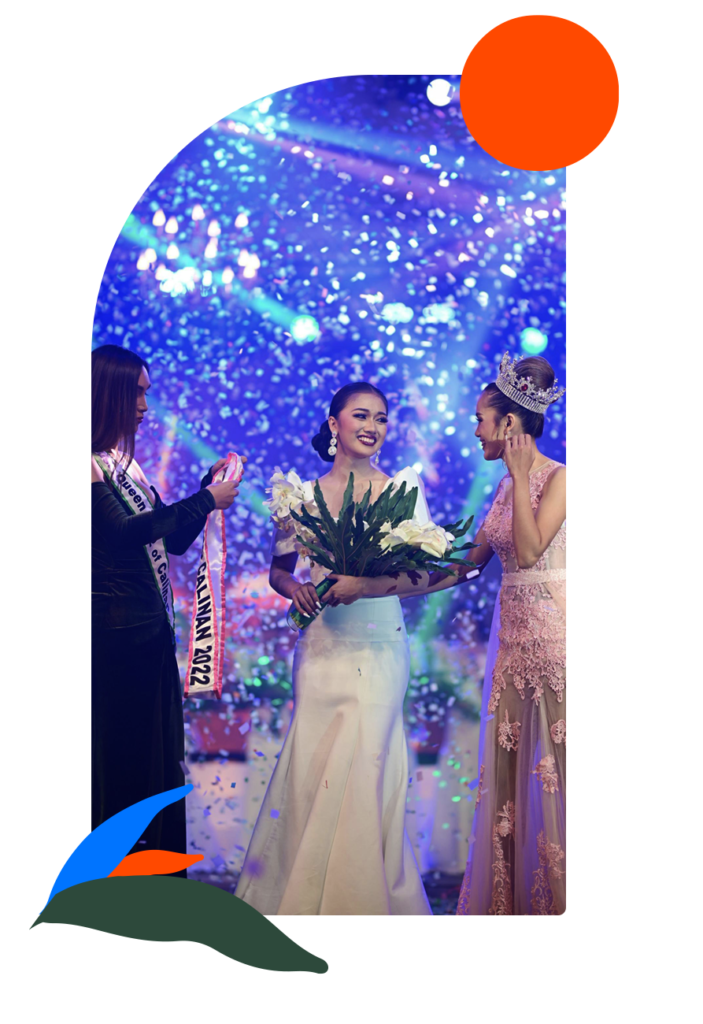
Beauty:
you know it when you see it.
But does everyone see beauty in the same way? How does the quest for beauty impact our daily lives? And what are the consequences of beauty: do better-looking people have more advantages in life? This project tries to answer such questions in three steps.
First, we map what people find beautiful in other people and how this varies across and within cultures. For this, we have developed a new method called visual Q-sort. Second, we study how beauty standards are shaped by people and organizations in five cities around the world: Accra, Brussels, Buenos Aires, Hong Kong and Tehran. Finally, we study how beauty standards create or reinforce social inequalities, such as gender, age, ethnicity, race or social class.
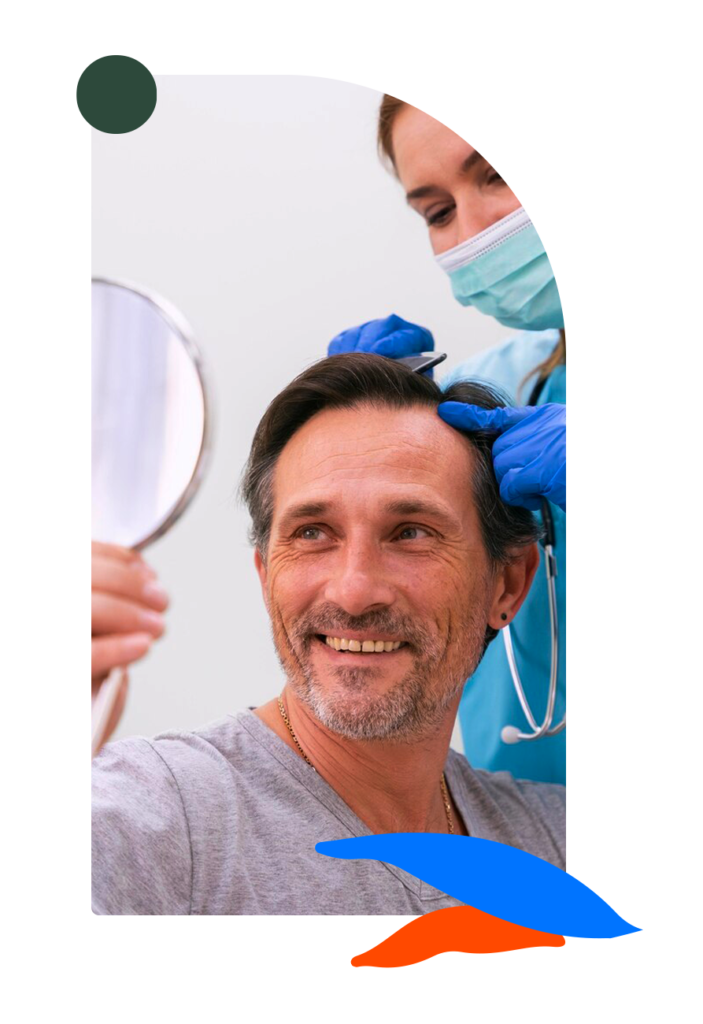
The BINQ project started in 2023
and aims to understand the relation between Beauty and INeQuality around the world. We are a team of sociologists based in Leuven, Belgium. Between 2023 and 2028, we will research beauty in 5 global cities: Accra (Ghana), Brussels (Belgium), Buenos Aires (Argentina), Hong Kong (China SAR) and Tehran (Iran).
On this website, you can learn more about our research. On our blog “On beauty” we report about our research experiences and findings. We will share publications on beauty, by our team members but also by others.
Beauty is very important to so many people. With our research, and with this website, we hope to contribute to critical debates on the – excessive – importance attributed to beauty in contemporary societies. We will use our blog to highlight, and – sometimes critically – discuss the many articles, books, clips, social media accounts and other public interventions on beauty.
This project has received funding
from the European Research Council (ERC) under the European Union’s Horizon 2020 research and innovation programme, Grant agreements No. 101052649. Views and opinions expressed are however those of the author(s) and do not necessarily reflect those of the European Union or the European Research Council Executive Agency. Neither the European Union nor the granting authority can be held responsible for them.
We'd love to hear from you
We will be glad to share some of our experience with you. Don’t hesitate to drop us a line!
